haiti2 of 21

🇭🇹Haiti
Mighty Mangroves of Southern Haiti
I spied these stalwart mangroves of Southern Haiti while boating across La Baie de Petit Goave. They came as a bit of a surprise.
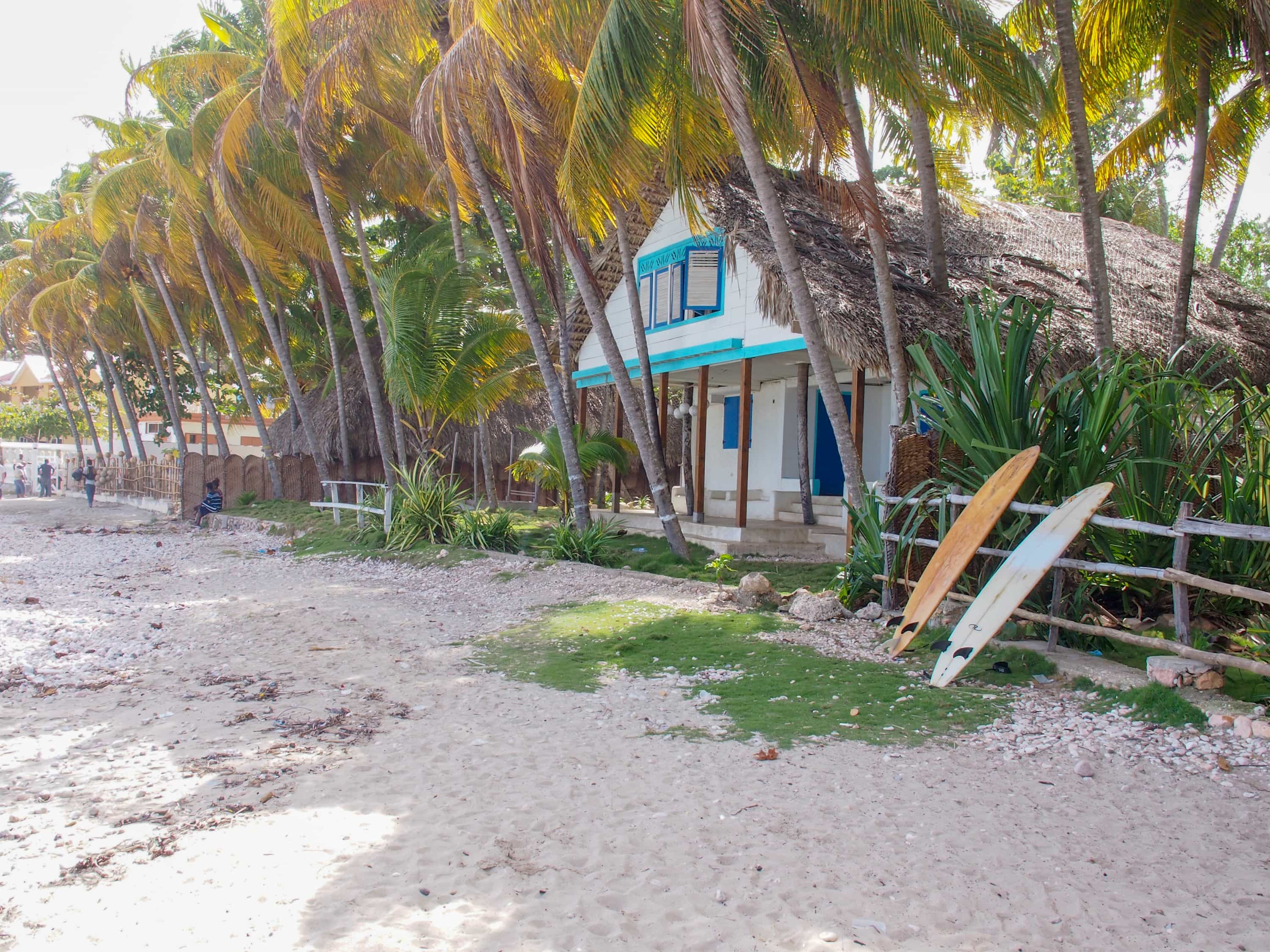
🇭🇹Haiti
Surf Cottages Along Kabic Beach, Haiti
Nowhere in Haiti is surfing more prevalent than on the shores of Cayes-Jacmel, particularly the quiet enclave of Kabic Beach.

🇭🇹Haiti
Southern Haiti Adventure: Leaping into Bassin Bleu
The series of natural pools and waterfalls that comprise Bassin Bleu make for an incomparable southern Haiti adventure.

🇭🇹Haiti
Haiti – Côte des Arcadins Sunset
Even with all of its troubles – its natural disasters, tumultuous politics, etc. – Haiti remains blessed with awe-inspiring natural beauty.
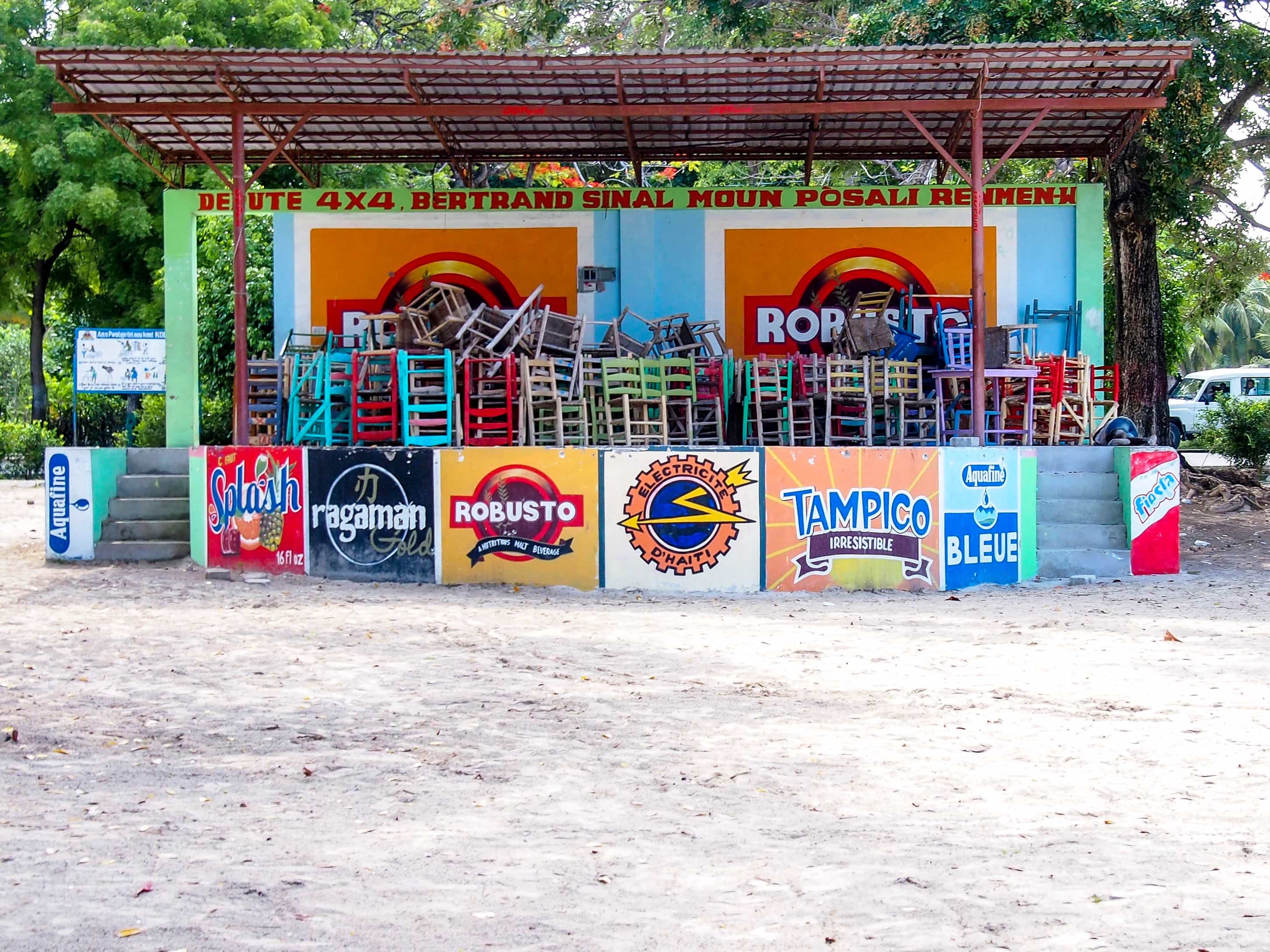
🇭🇹Haiti
Party Place in Port-Salut, Haiti
In Haiti's outer provinces, you'll find the same laid-back beachy vibe as elsewhere in the Caribbean. This is especially true in Port-Salut.

🇭🇹Haiti
There’s Nothing To Fear From Haitian Vodou… Except Maybe This Guy
As with any religion, there's a dark side to Haitian Vodou. It's not all encompassing, as the mainstream media and Hollywood would have you believe.
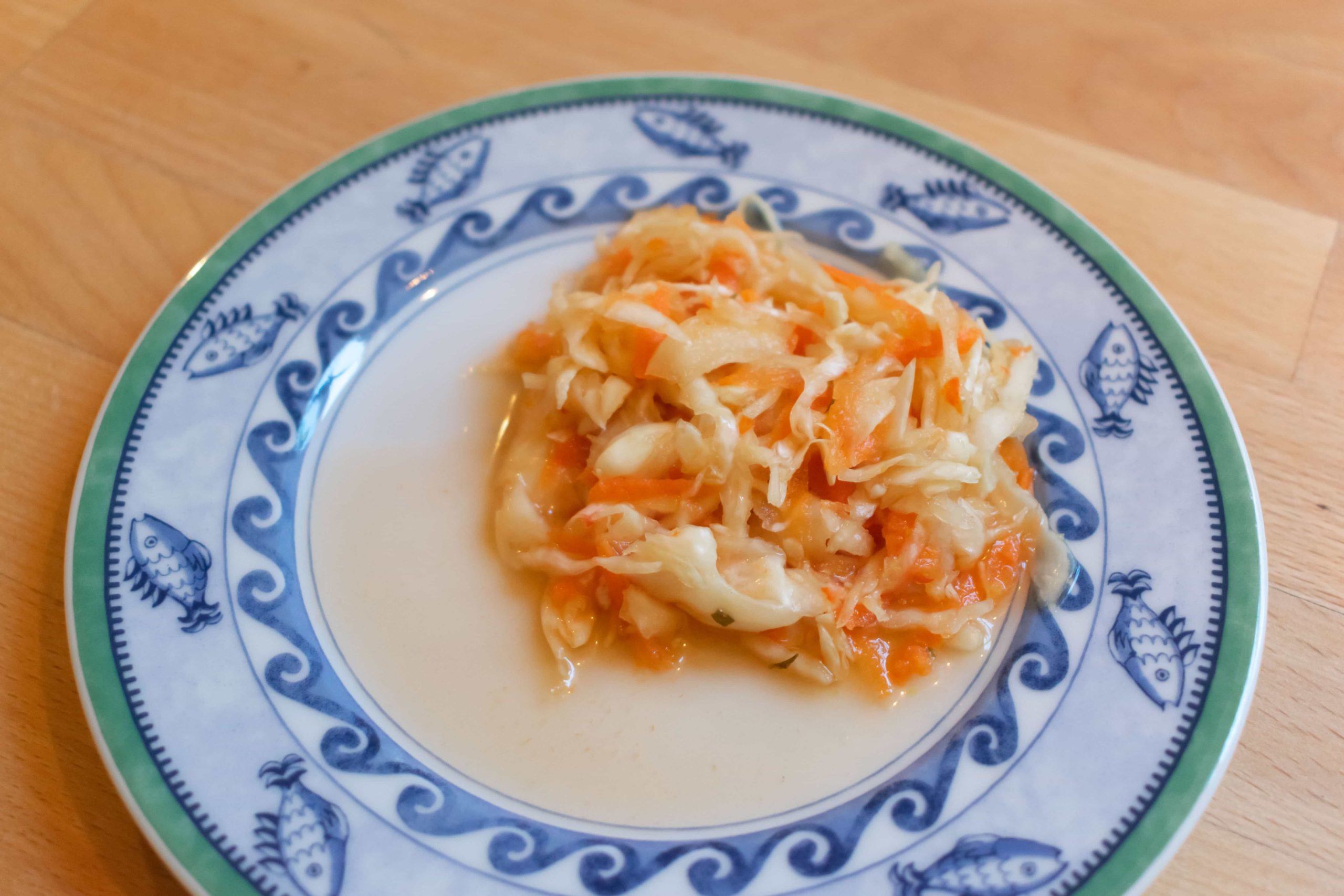
🇭🇹Haiti
Pikliz: A Hot Taste of Haiti That Goes With Everything
Pikliz, like pepper sauce in the English-speaking Caribbean, is served with everything in Haiti. Breakfast, lunch, dinner!
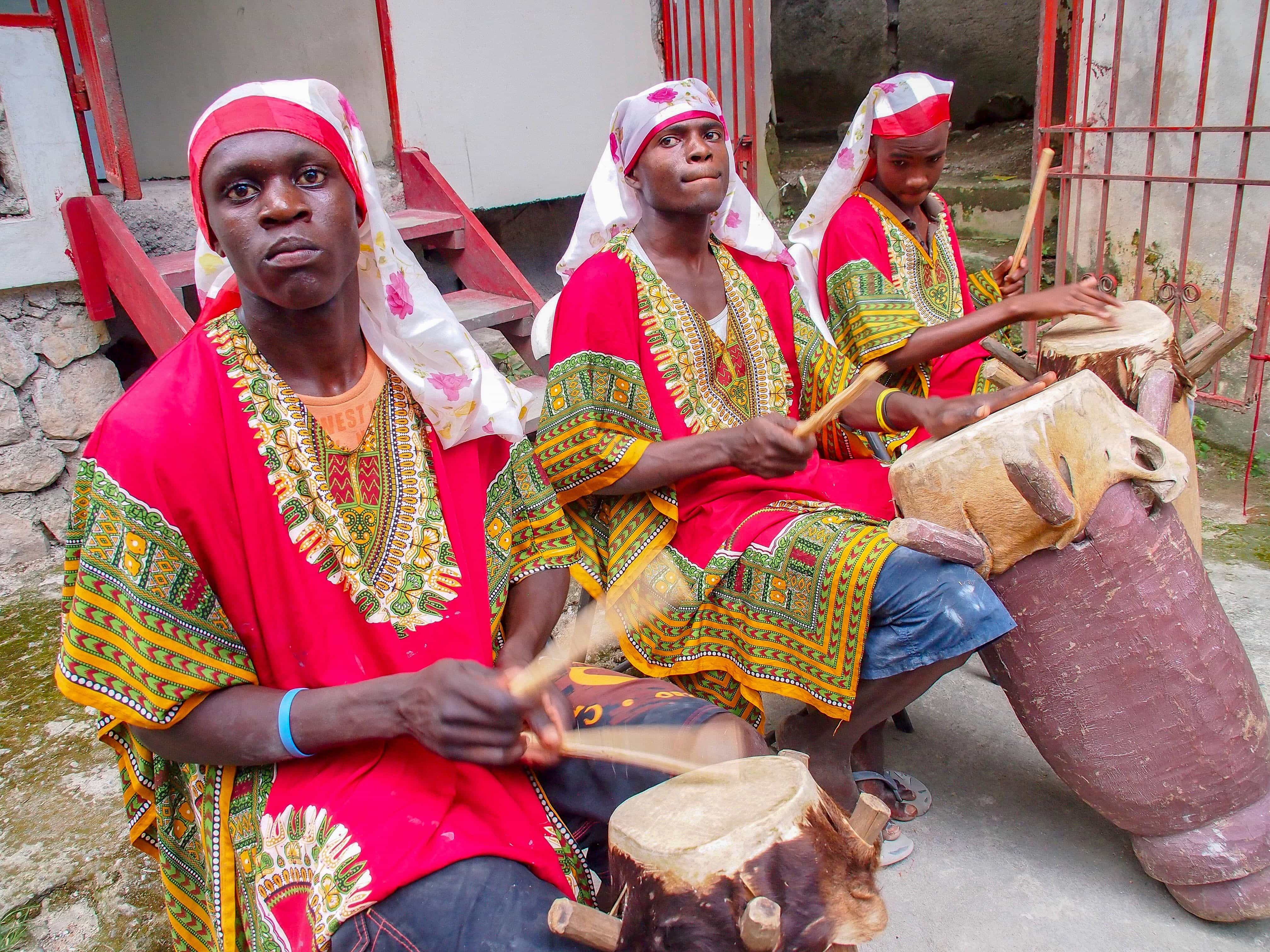
🇭🇹Haiti
African Drumbeats in Haitian Music
Nowhere in the Caribbean carries closer ties to Africa than Haiti. Nowehere are those ties more prevalent than in Haitian music.
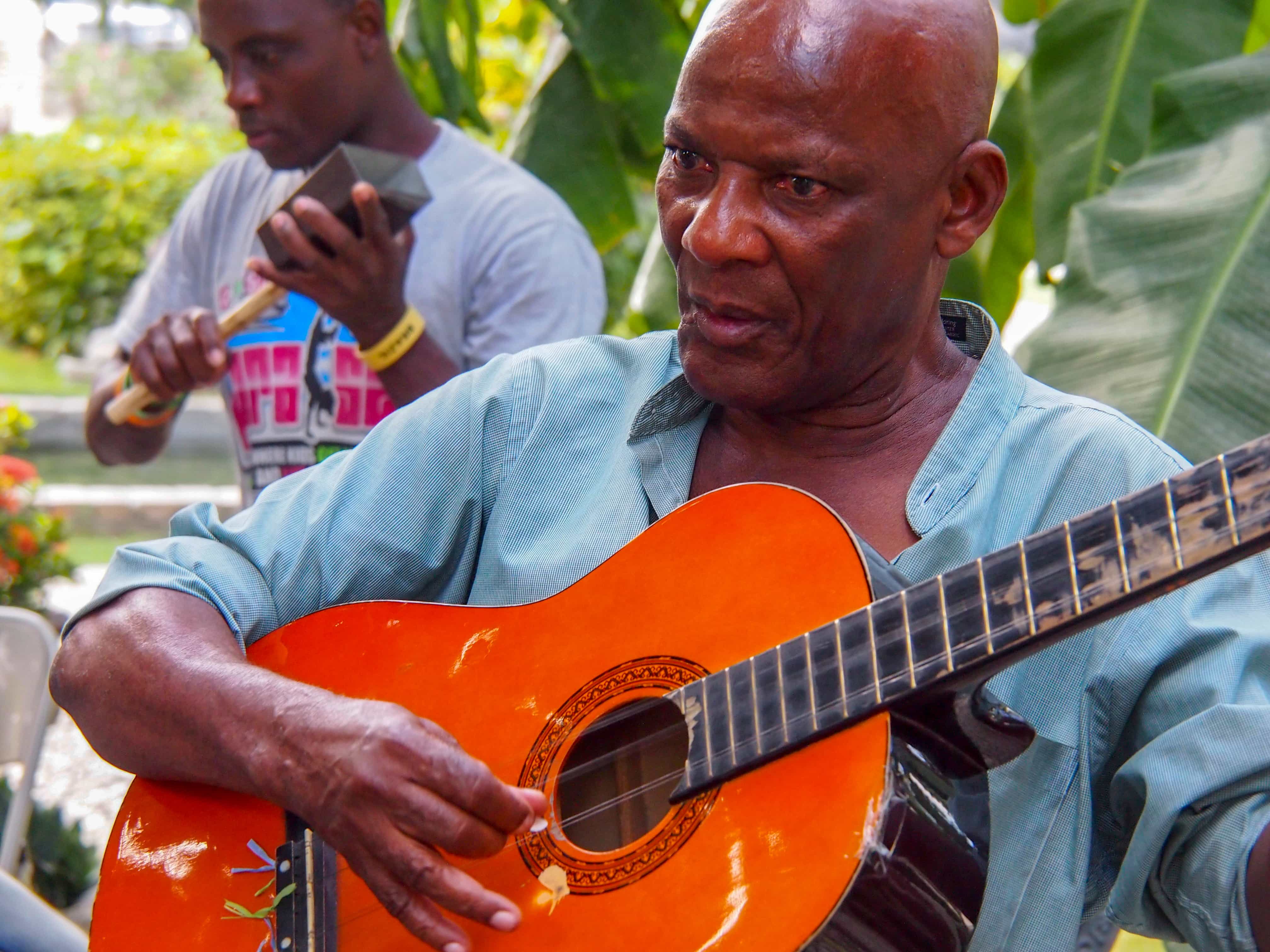
🇭🇹Haiti
Twoubadou Folk Music, The True Sound and Soul of Haiti
Twoubadou folk music traces its origins to the early 1900s, when seasonal migrant laborers from Haiti traveled to Cuba to work the cane fields.
55
Shares